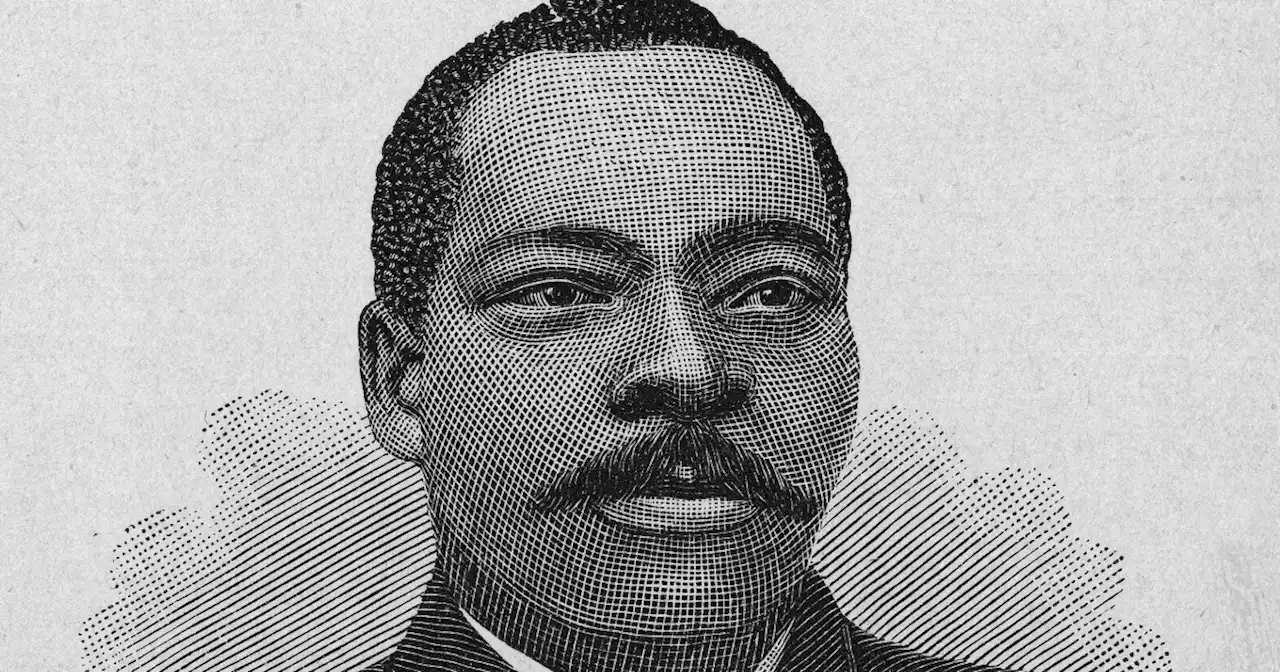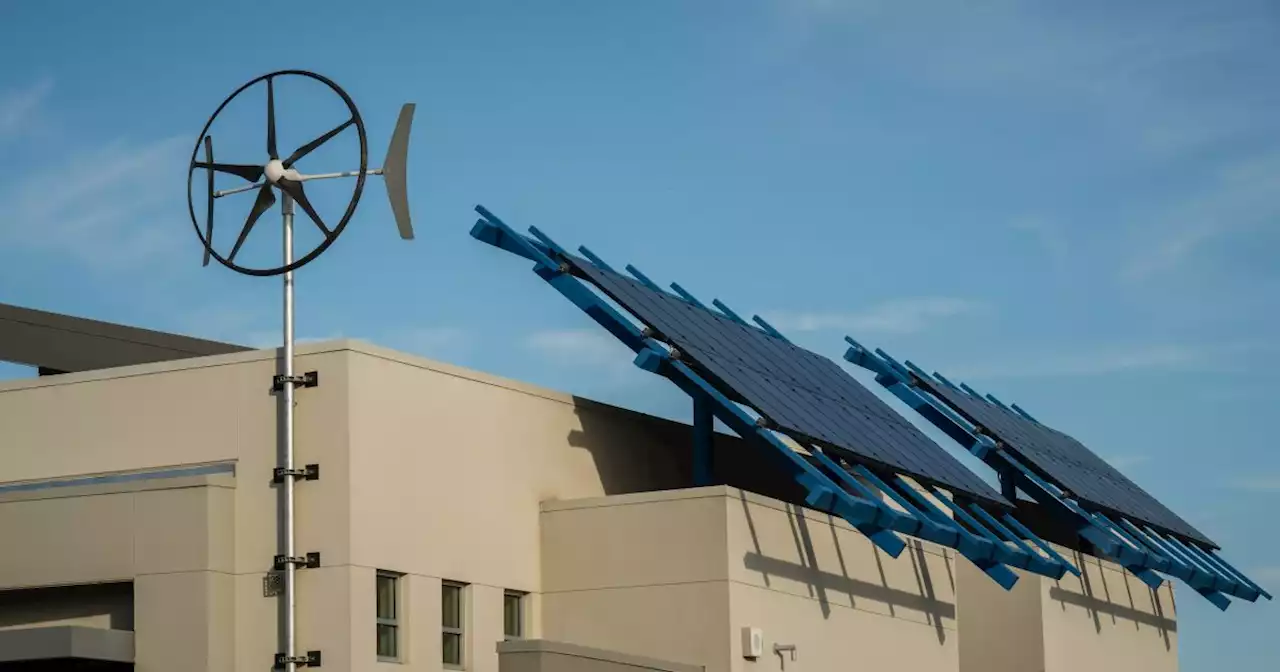'There is no green vote without the Black or brown vote,' he says.
This story was originally published in Boiling Point, a weekly newsletter about climate change and the environment.When wildfire smoke blocked the sun and turned the sky orange above the San Francisco Bay Area in September 2020, Andra Yeghoian’s two young children, ages 3 and 5, were scared. And they had questions: What was going on? Was this normal?“I can’t not talk about climate change with my kids,” she said. “It’s the same for teachers with their students.
The wildfire smoke that increasingly fills California’s skies as temperatures rise isn’t just scary for kids — it’s bad for their lungs and can hamper their ability to learn. The report citesWildfire smoke turns the sky orange above San Francisco in September 2020. Students who miss time in the classroom and fall behind learning to read, Patel told me, are less likely to graduate from high school, and in turn more likely to grapple with poverty and lack of health insurance. It’s especially difficult for children from low-income communities with fewer resources — many of whom are children of color — to catch up once they fall behind.
Heat can make it harder to learn, too. The report cites research finding that hot days “can impair cognitive functioning and worsen academic performance,” especially for low-income students and students of color less likely to have AC at their schools. It’s crucial, Vincent said, to make sure that all schools have the modern, upgraded facilities needed to serve those roles — and not just campuses in wealthier neighborhoods, where it’s easier to raise money for costly infrastructure projects via bonds.
It’s especially important for the state to direct climate money to schools in low-income areas, Vincent said, because those are the places where people are“You could see a scenario where all of the most climate-resilient schools in the state were in the 100 highest-climate-hazard areas in the state. That would be an interesting approach,” he said.
It’s a cause near and dear to Yeghoian’s heart. As a high school English and social studies teacher more than a decade ago, she made environmental history a regular feature of her lessons and helped students write papers on environmental topics. Youth Climate Strike Los Angeles supporters rally outside L.A. City Hall as part of a global day of climate action in March 2022.
Teachers could use those clean energy systems to bring environmental lessons to life. They could also build classes around school air-quality monitors, plant-based meals served to students and on-campus gardens seeded with native trees and plants.
United States Latest News, United States Headlines
Similar News:You can also read news stories similar to this one that we have collected from other news sources.
 Why Do So Many Black Women Keep Working With Chris Brown?Despite his long — long — list of offenses, Black women continue to be Chris Brown’s strongest support system. What does that say about our culture?
Why Do So Many Black Women Keep Working With Chris Brown?Despite his long — long — list of offenses, Black women continue to be Chris Brown’s strongest support system. What does that say about our culture?
Read more »
 Why conservatives will never be able to escape Black historyThese Black inventors gave us creations many people use every day, making it that much harder for right-wingers to sweep their accomplishments under the rug.
Why conservatives will never be able to escape Black historyThese Black inventors gave us creations many people use every day, making it that much harder for right-wingers to sweep their accomplishments under the rug.
Read more »
 The “Angry Black Woman” Stereotype at WorkThe angry Black woman stereotype exists in many parts of American culture — including the workplace. Studies show people in organizations believe Black women are more likely to have belligerent, contentious, and angry personalities, an assumption not as readily assigned to other men and women. Recent studies suggest this negative perception is a unique phenomenon for Black women, and the researchers suggest that when Black women outwardly express anger at work, her leadership and potential are called into question.
The “Angry Black Woman” Stereotype at WorkThe angry Black woman stereotype exists in many parts of American culture — including the workplace. Studies show people in organizations believe Black women are more likely to have belligerent, contentious, and angry personalities, an assumption not as readily assigned to other men and women. Recent studies suggest this negative perception is a unique phenomenon for Black women, and the researchers suggest that when Black women outwardly express anger at work, her leadership and potential are called into question.
Read more »
